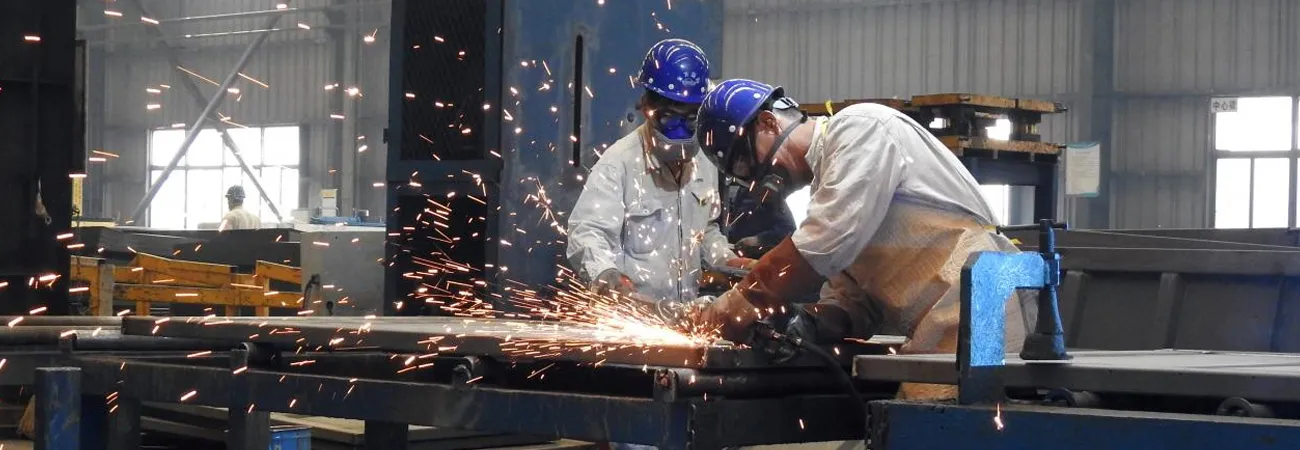i ECONOMY
Numerous prominent international organizations anticipate a modest growth rate of 2 to 3 percent for Pakistan in the current fiscal year, with the subdued expected growth due to the diminishing share of large-scale manufacturing (LSM) and double-digit inflation. However, by implementing proactive measures, Pakistan can surpass a GDP target of over 4%, Naveed Baloch, Executive Director at the World Bank, told WealthPK. As per the latest report by the United Nations titled "World Economic Situation and Prospects (WESP) 2024", Pakistan is expected to undergo a "moderate economic growth" of 2% in the year 2024, with projections indicating an acceleration to 2.4% by 2025. Similarly, Bloomberg affirms projections indicating a low growth rate for Pakistan's economy. It foresees a growth rate of 2.1% in the Gross Domestic Product (GDP) for the Fiscal Year 2024. The low forecasting for economic growth, from Baloch's point of view, is mainly due to the following reasons. "The primary reason for the anticipated low growth stems from the country's diminishing capacity to stimulate its large-scale manufacturing (LSM) – a sector widely acknowledged as the backbone of the economy." According to the Pakistan Economic Survey, large-scale manufacturing has a negative growth rate of 7.98%.
This decline is attributed to downturns in sectors such as food (-8.71%), tobacco (-23.78%), textile (-16.03%), coke and petroleum products (-10.24%), chemicals (-6.29%), pharmaceuticals (-23.20%), and fertilizers (-9.54%). The other factor, he mentions, is the double-digit inflation, i.e. 28%. "Double-digit inflation is diminishing the purchasing power of the people. The industries and services sectors, grappling with reduced consumer spending capacity, are disproportionately impacted by this inflationary pressure. Additionally, these industries contend with the elevated production costs due to the enhanced prices of raw materials." Naveed Baloch proposes the government support large-scale manufacturing through the provision of RCET (regionally competitive energy tariff). In addition, he believes that the speedy execution of the United Nations projects related to agricultural transformation can reduce inflation swiftly. "The Food and Agriculture Organization of the United Nations (FAO) has launched 40 ambitious projects to revolutionize agriculture in Pakistan. These initiatives are expected to boost agricultural productivity, enhance food security, and reduce food inflation in the country." In a nutshell, the country's low expected growth rate is worrisome. Nevertheless, reducing inflation and boosting the LSM sector can provide a cushion to the economy.
Credit: Independent News Pakistan (INP)









